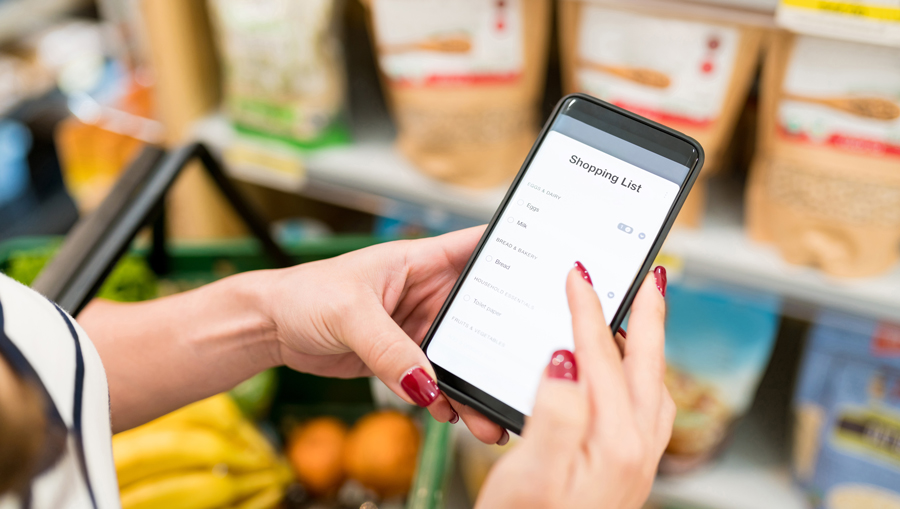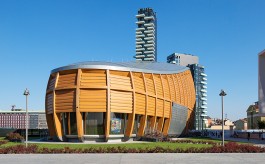The Zepto red flag and what it says about offline vs QC
By N Jayalakshmi | June 03, 2025
The recent suspension of Zepto's food business licence in Mumbai's Dharavi area by FDA over violation of food safety regulations throws up some questions: How many more such warehouses of quick commerce players are violating norms? More importantly, can quick commerce match the edge that traditional/offline retail offers in terms of enabling shoppers to take informed purchase decisions?

The recent news regarding Food and Drug Administration (FDA) suspending quick commerce platform Zepto's food business licence in Mumbai's Dharavi area offers a lot of food for thought in the context of the whole debate over quick commerce and how it impacts traditional brick and mortar retail.
Reportedly, it was found that Kiranakart Technologies, the company which operates Zepto, was violating the Food Safety and Standards Act (2006) and the Food Safety and Standards (Licensing and Registration of Food Businesses) Regulations, 2011, at its warehouse in Dharavi, Mumbai.
It appears that the food safety agency found unhygienic conditions such as fungal growth on certain food products, improper maintenance of cold storage temperatures, no segregation of items that had crossed the expiry date, storage of food items in areas near clogged areas, stagnant water, etc.
It has also been reported that the suspension of food operations will remain in effect till “the establishment achieves full compliance and clearance from the licensing authorities”.
Zepto’s response was as expected. To cite news reports, they said they are “committed to rectifying the lapses identified and taking the necessary corrective measures to resume their operations in the region”. A spokesperson from the quick commerce company is reported to have said that they are “taking all necessary corrective measures to resume operations in accordance with regulatory obligations and applicable laws at the earliest”.

But the point to note is that the inspection was carried in this particular warehouse facility based on a tip-off. It is not clear whether food hygiene and safety regulations are followed across the company’s other warehouses /dark stores and or even whether the norms are followed by other quick commerce companies in their dark stores.
Just over a year ago, media was abuzz with upbeat reports about quick commerce and dark stores, with the market for dark stores projected to reach $275.5 Bn by 2032. There were also questions looming over the future of both traditional retail and modern trade retail, as quick commerce players were projected as gaining fast traction and expanding beyond the essentials category and moving into no essential categories such as fashion and jewellery.
But cut to today, some key questions emerge including the most important one: with the growing thrust on convenience and speed, are we losing sight of more important aspects such as food hygiene and safety?
A physical store offers consumers the opportunity to study product information, compare, ask questions and take informed decisions. No doubt, a digital interface offers information, but obviously does not make it possible to physically examine a product or study its ingredients (in the case of food products). Also, an offline store offers transparency in terms of the conditions in which the products are stored, impossible in the case of e-commerce/quick commerce.
No doubt, the Zepto development will push other quick commerce players to step up their game in terms of their storage, safety and hygiene practices but it also points to the bigger need in the whole eco-system for stringent regulations, awareness and standard practices. More importantly, it’s possibly the best time for traditional and modern brick and mortar retailers to strengthen the edge they offer, making their space even better for consumers in terms of being a friendly, conducive and well laid out space that enables informed purchase decisions. This would entail effective use of store aesthetics, technology and other store solutions.









Comments